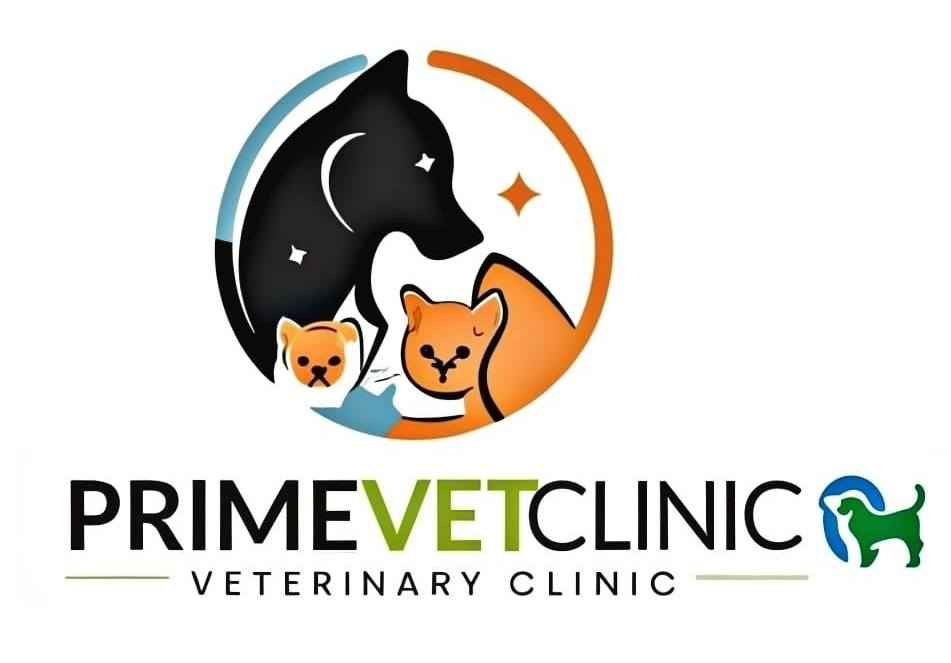
Posted by: admin on December 19, 2024
The Ultimate Guide to Pet Care
The Ultimate Guide to Pet Care: Keeping Your Furry Friends Healthy and Happy
Pets are more than just animals; they are family members who bring joy, love, and companionship into our lives. Taking care of your pet involves more than just feeding and grooming—it’s about ensuring their overall well-being, both physically and emotionally. Whether you are a first-time pet owner or a seasoned caretaker, this comprehensive guide will help you provide the best care for your beloved furry friends.
1. Understanding Your Pet's Needs
Every pet has unique needs based on their species, breed, age, and lifestyle. Understanding these needs is the first step in providing proper care.
Diet and Nutrition
- Balanced Diet: Ensure your pet gets a diet rich in essential nutrients. Dogs and cats, for example, have different dietary requirements, and their meals should be tailored accordingly.
- Avoid Human Foods: Some human foods, like chocolate, onions, and grapes, can be toxic to pets.
- Hydration: Always provide fresh and clean water.
Exercise and Activity
- Daily Walks: Dogs need regular walks to maintain physical health and mental stimulation.
- Interactive Play: Cats, birds, and other pets also benefit from engaging activities like chasing toys or exploring puzzles.
- Mental Stimulation: Use toys, training exercises, and playtime to keep your pet mentally sharp.
2. Regular Health Check-ups
Preventive healthcare is key to a long and healthy life for your pet.
Vaccinations
- Protect your pet from common diseases like rabies, distemper, and parvovirus by keeping their vaccinations up to date.
Parasite Control
- Regularly check for fleas, ticks, and worms. Consult your vet for appropriate treatments and preventatives.
Routine Vet Visits
- Schedule annual or biannual check-ups to monitor your pet’s overall health.
3. Grooming and Hygiene
Keeping your pet clean and well-groomed is essential for their health and comfort.
Bathing
- Dogs should be bathed every 4-6 weeks, while cats generally groom themselves. However, occasional baths may be necessary for long-haired cats.
Brushing
- Regular brushing helps reduce shedding, prevents matting, and keeps your pet’s coat healthy.
Nail Trimming
- Overgrown nails can cause discomfort or injury. Trim your pet's nails every few weeks.
Dental Care
- Brush your pet’s teeth regularly and provide dental chews or toys to prevent oral issues.
4. Creating a Safe and Comfortable Environment
Your home should be a safe haven for your pet.
Pet-Proofing
- Remove toxic plants, secure loose wires, and keep harmful substances out of reach.
Comfortable Living Space
- Provide a cozy bed, clean litter box (for cats), and appropriate enclosures or aquariums for small pets.
5. Emotional and Social Needs
Pets thrive on love and attention. Addressing their emotional needs is as important as meeting their physical requirements.
Bonding Time
- Spend quality time with your pet every day. This strengthens your relationship and keeps them emotionally fulfilled.
Socialization
- Expose your pet to new experiences, people, and other animals to build their confidence and reduce anxiety.
Training
- Basic obedience training helps your pet understand boundaries and enhances communication between you and your furry friend.
6. Handling Emergencies
Being prepared for emergencies can save your pet's life.
First Aid Kit
- Include bandages, antiseptic wipes, tweezers, and emergency contact numbers for your vet.
Recognizing Signs of Illness
- Look out for symptoms like lethargy, loss of appetite, vomiting, or changes in behavior, and consult a vet immediately if you notice anything unusual.
7. Adopting a Sustainable Lifestyle
As pet owners, we can make choices that benefit not only our pets but also the environment.
Eco-Friendly Products
- Use biodegradable waste bags, sustainable toys, and natural grooming products.
Adoption Over Purchase
- Consider adopting pets from shelters rather than buying from breeders to give a home to animals in need.
Comments:
Leave a Reply



John: mlpdjGy Clmxt xlaiML qwKjs FbtHeY
April 18, 2025, 11:47 pm
John: fbbDggg jVaeYJa IZy rrpUoU xdod
May 4, 2025, 1:34 am